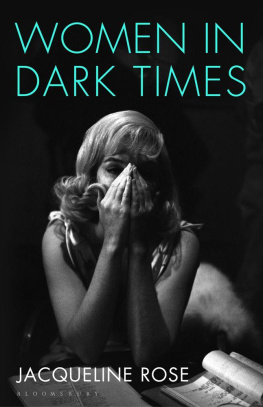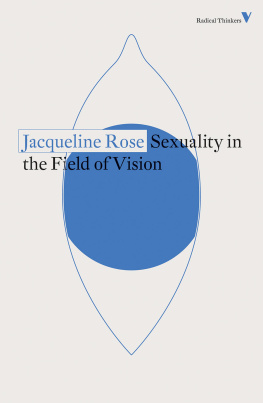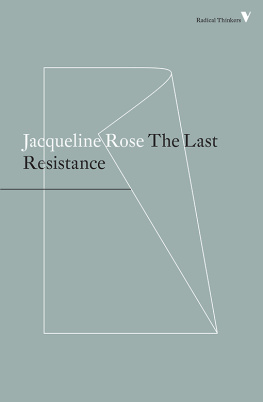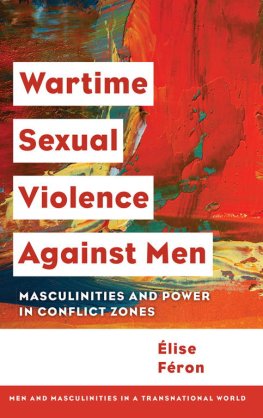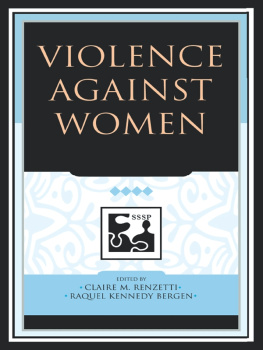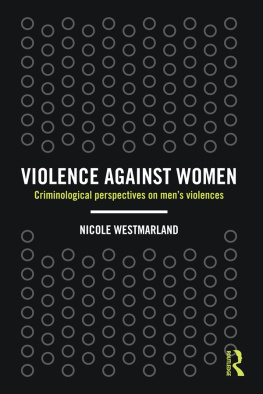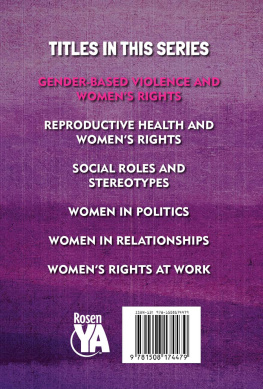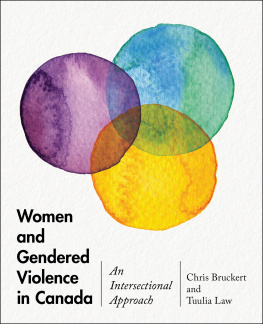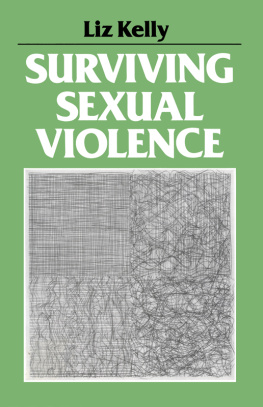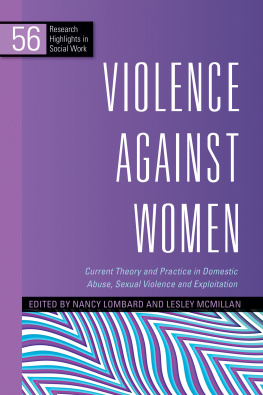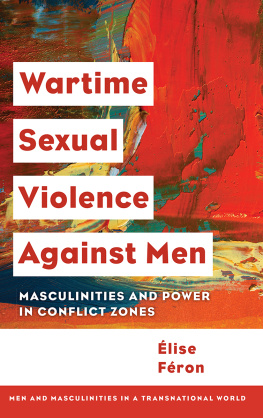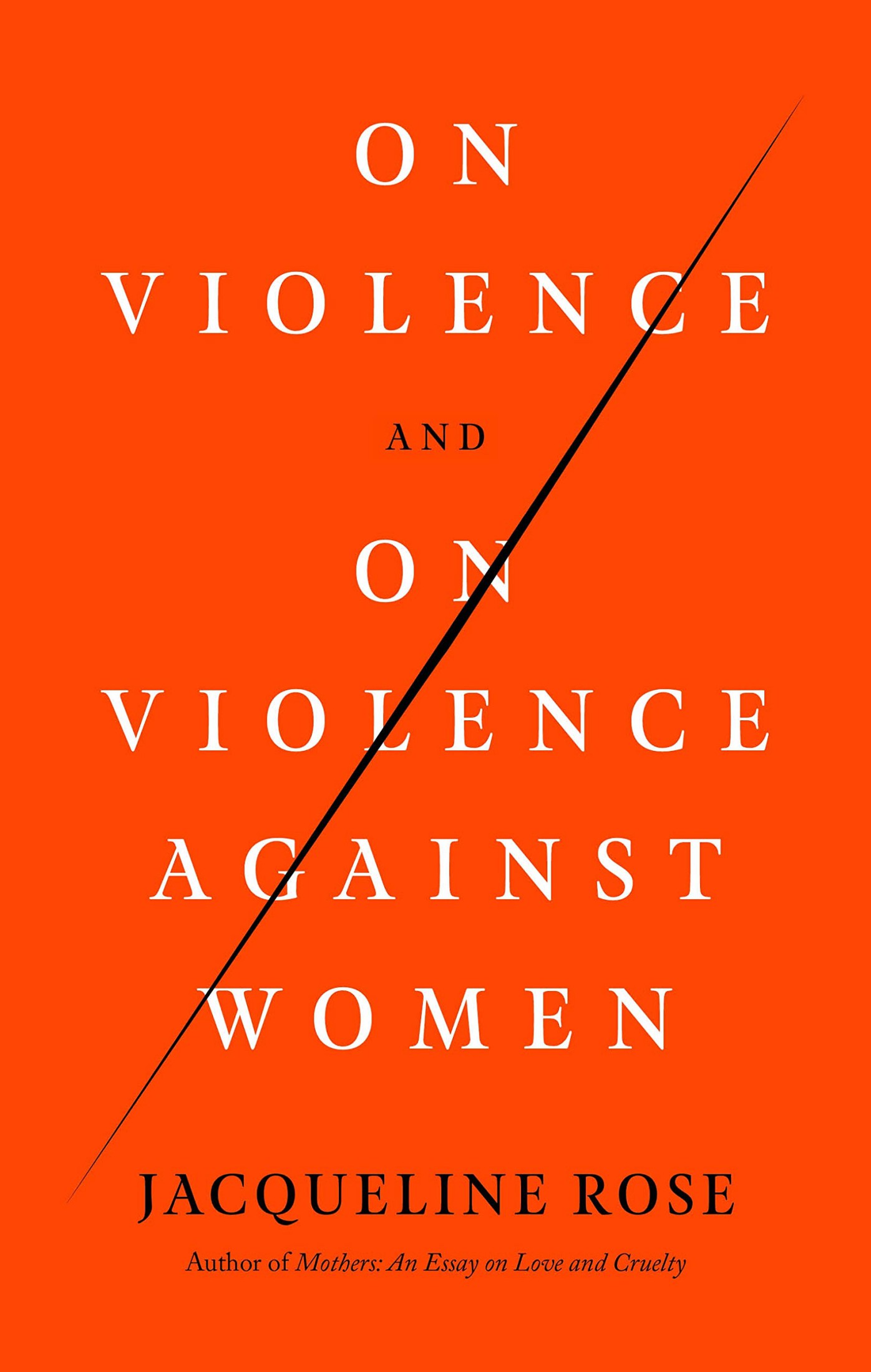The author and publisher have provided this e-book to you for your personal use only. You may not make this e-book publicly available in any way. Copyright infringement is against the law. If you believe the copy of this e-book you are reading infringes on the authors copyright, please notify the publisher at: us.macmillanusa.com/piracy.
The evil that is in the world almost always stems from ignorance [] the most hopeless vice being ignorance which believes it knows everything and therefore grants itself the right to kill. The soul of the murderer is blind and there is no true kindness or loving and being loved without the utmost far-reaching vision.
ALBERT CAMUS, THE PLAGUE, 1947
Were going to tackle the virus, but tackle it like fucking men.
JAIR BOLSONARO, PRESIDENT OF BRAZIL, PUBLIC STATEMENT ON COVID-19, 30 MARCH 2020
It is a truism to say that everyone knows violence when they see it, but if one thing has become clear over the past decade it is that the most prevalent, insidious forms of violence are those that cannot be seen. A group of identical-looking white men in dark suits are photographed as their president signs an executive order banning US state funding to groups anywhere in the world offering abortion or abortion counselling. The resurgence of hate-fuelled populism has become a commonplace of the twenty-first century. But it is perhaps less common to hear extremist hate, notably against women, being named so openly as the driver of the supreme legal machinery of the West.
Judging by that original photograph which has become iconic of twenty-first-century manhood in power the White House officials might just as well have been watching the president sign off on anything. They looked as bland as they were ruthless, mildly complacent and bored. No shadow across their brow, no steely glint in the eye or pursing of the lips to suggest that their actions were fuelled by hatred. Doubtless, they believed that their motives were pure, that they were saving the lives of the unborn. It is a characteristic of such mostly male violence violence regnant, as it might be termed, since it represents and is borne by the apparatus of state that it always presents itself as defending the rights of the innocent. These men are killers. But their murderousness is invisible to the world (illegal abortions belong to the backstreets) and to themselves. Not even in their wildest dreams, I would imagine, does it cross their minds that their decisions might be fuelled by the desire to inflict pain. Neither the nature nor the consequences of their actions is a reality they need trouble themselves about. With their hands lightly clasped or hanging loose by their sides, what they convey is vacuous ease. Above all, they brook no argument. Their identikit posture allows no sliver of dissent (not amongst themselves, not inside their own heads). It is the central premise of this book that violence in our time thrives on a form of mental blindness. Like a hothouse plant, it flourishes under the heady steam of its own unstoppable conviction.
I start with this moment because it stands as one of the clearest illustrations of the rift between act and understanding, between impulse and self-knowledge, which for me lies at the core of so much violence. We can name this male violence against women, as the UN commissioner did without reserve, but men are not the only human subjects capable of embodying it. Women throughout history have wrapped themselves in the mantle of state power. And men are also the victims of violence the most prolific serial rapist in UK history, sentenced to life in January 2020, had preyed consistently upon vulnerable young, heterosexual men. But, in response to the crisis of the hour, the increasing visibility of gender-based violence, this book tilts towards male violence against women, and towards one deadly mix in particular: the link between the ability to inflict untold damage and a willed distortion whether conscious or unconscious in the field of vision. Violence is a form of entitlement. Unlike privilege which can be checked with a mere gesture, as in check your privilege, and then left at the door entitlement goes deeper and at the same time is more slippery to grasp. As if hovering in the ether, it relies for its persistence on a refusal to acknowledge that it is even there.
To take another iconic moment of the last few years: Prince Andrews infamous BBC television interview of November 2019, when he tried to explain that his visit to the home of child trafficker and abuser Jeffrey Epstein in 2010, barely months after Epsteins conviction for sexual assault, arose from his tendency to be too honourable (staying with a convicted sex offender was the honourable thing to do). He was floundering in the dark. His denials that he had ever met or had sex with Virginia Giuffre, formerly Roberts, who states that she was coerced into sex with him when she was a seventeen-year-old girl, were the subject of ridicule. It was an extraordinary display of blindness: to the young women victims, trafficked by Epstein allegedly with the support of Ghislaine Maxwell, who is now awaiting trial not one of whom got a single mention; to the self-defeating farce of his own case (unlike Oedipus, his blindness was atoning for nothing). But he was also revealing a chilling truth, which I suspect played its part in the speed with which he was summoned by the Queen and dismissed from his royal duties without ceremony, despite the fact that he is reputed to be her favourite child. Honour, here in its royal incarnation, revealed its true colours as the right to violence with impunity (in the UK any investigation into Epstein has been summarily dropped). For that very reason Virginia Woolf warned women in the 1930s not to be tempted by the panoply of power and the trappings of national honour which would suck them into war. But the shiftiness is not an afterthought. It is hardwired into the whole process, the chief means whereby entitlement boasts its invincibility and hides its true nature from itself.
In one of his best-known formulas, Freud wrote of His Majesty the Baby, by which he meant the will to perfection and the burden of adoration which parents invest in their child. Narcissism starts with the belief that the whole world is at your feet, there solely for you to manipulate. Beautifully self-serving, its legacy is potentially fatal as in the myth of Narcissus, who drowned in his own reflection in a pool since it makes it well-nigh impossible for the human subject to see or love anyone other than themselves. Aggressivity is therefore its consequence, as the child struggles with the mother or whoever takes her place against the dawning recognition that they are as helpless as they are dependent on others to survive. Every injury to our almighty and autocratic ego, Freud writes in his essays on war and death, is at bottom a crime of lse-majest (in the unconscious we are all royalty). Arendt was writing in the 1950s about the forms of murderous totalitarianism that had spread over the earth, but her prescient words are no less relevant now, when dictatorships are on the rise, we face the destruction of the planet, black men are being shot on the streets of America, and the rates of death from austerity, rampant inequality and impoverishment are increasing by the day. When the pandemic started to break across the globe from the end of 2019, it soon became clear that one of its most striking features would be the way it accentuates the racial and economic fault lines of the world from the fact that BAME (black, Asian and minority ethnic) citizens in the UK are four times more likely than whites to die of Covid-19, to the killing of George Floyd which, mid-pandemic, repeated and underscored a historic context of violence. At the same time, the conduct of dictators and would-be dictators (or close) Bolsonaro, Trump, Erdoan in their boastful and death-dealing defiance of the virus, has given Arendts idea of impotent bigness a whole new, chilling dimension. Her concept will reappear in what follows as one of her most eloquent and suggestive (Arendt shot into the US bestsellers list on the election of Trump in November 2016).


